Solar Panel Cost in 2021: Can You Afford it?
- December 12, 2021
- 7:05 pm
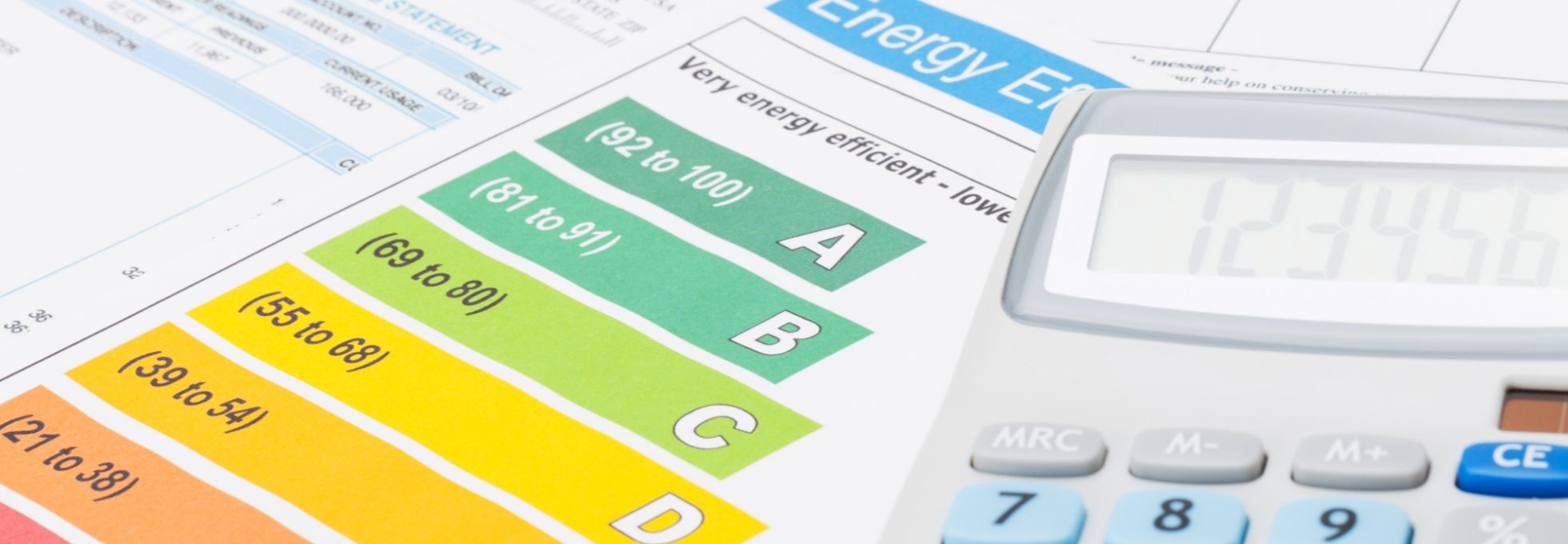
According to the Solar Energy Industry Association (SEIA), over the last decade, the cost to install solar power systems has reduced by over 70%. If you’re considering going solar as one of the ways to conserve energy while saving money in the long run, it is safe to say that there’s no better time than now.
Opting for solar power brings many benefits—it means you’ll be able to reduce your reliance on utility companies, lower your high utility bill, as well as reduce the carbon footprint of your household. However, the high upfront cost of solar systems might be a big deterrent for many homeowners.
If you are reading this, you are probably considering installing solar systems but are worried about the affordability of these systems. In this article, we’ll give you an insight into how much does it cost to install solar panels and what factors impact the cost to help you make a financially responsible decision about installing a solar energy system for your home.
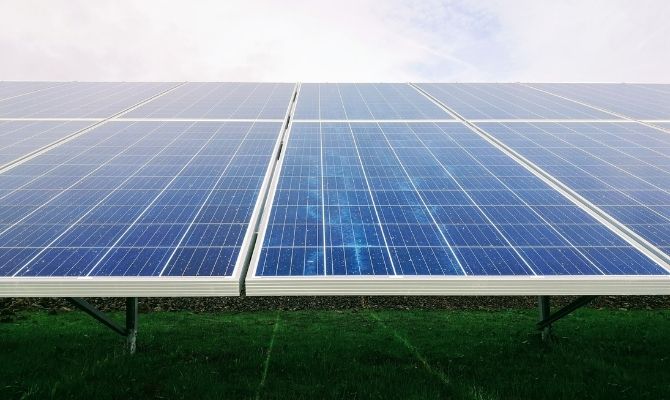
Solar Panels Cost Vs. ROI
The upfront cost of solar panel installation may be a bit steep but you should always consider the amount of money you will actually save. By switching to solar power, you can cut your monthly utility bills by 75% or even more, depending on certain factors such as where your house is located, the size of your home and your household.
For example, let’s say that an average household electricity bill is somewhere between $100 and $200 per month. By switching to solar power now, it would take approximately 15 years for your solar system to pay for itself. And once you factor in cost reductions from tax incentives and rebates, the payout will probably happen in about eight years.
How Much Do Solar Panels Cost to Install?
Over the last decade, the price of an average-sized residential solar system has dropped from $40,000 to about $20,000. Thanks to the recent advances in solar cell technology, solar panel efficiency has increased by 20% over the last five years.
Technology development made it possible for solar panels to convert more of the energy from the sun into electricity, meaning fewer panels are needed to generate the same amount of energy.
To help you better understand how much solar panels cost to install, let’s begin with the basic price range. In the first quarter of 2021, the average price was $2.94 per watt, meaning that a 5 kWh system would cost $14,700. However, when it comes to the exact price of solar systems, there’s a number of factors that affect and determine the total cost that you should consider as well.
What Factors Determine Solar Pricing?
The total price of solar system installation consists of not only the system itself but also labor, maintenance, additional components, and parts.
What’s more, the total is also affected by the size of the solar system, the size of your home and location, local permits, available incentives, tax credits, component options, etc.
Analyzing all these factors can help you calculate the solar panel cost before making a decision.
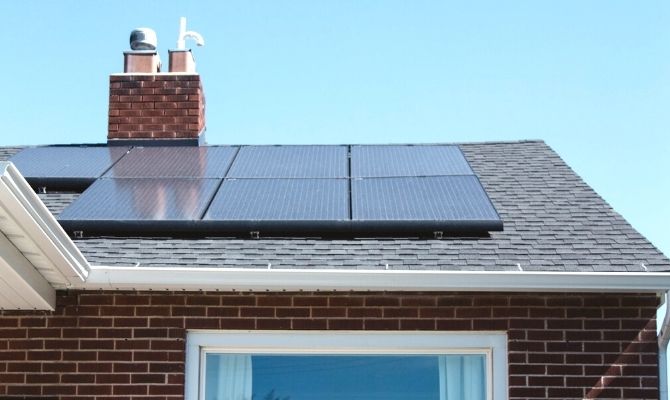
1. Household Electrical Needs
Solar panels are rated for a particular wattage, depending on the amount of energy the panels can absorb and store. Since you will pay according to wattage, the greater your energy needs, the more you’ll spend on solar panels to meet your household’s energy requirement.
To find out what your household’s electrical needs are, you should consult with a solar installer by requesting a free consultation with several companies in your area. This will also give you a chance to compare the prices and find the best option within your budget.
A solar installer will evaluate your energy needs based on square footage, the number of appliances, household members, etc., and give you recommendations on the ideal solar system size to meet your household’s energy usage needs.
2. Type of Solar Panels
Another key factor that determines the solar panel system cost is the variation in manufacturing. There are three basic types of solar panels: polycrystalline, monocrystalline, and thin-film.
Polycrystalline and monocrystalline panels are most commonly used. Though monocrystalline panels are more energy-efficient and allow for greater savings, they are a bit pricier option.
If your home has a smaller roof, you will benefit from more energy-efficient panel systems even if the initial cost is a bit higher.
3. Additional Components
These additional components may add a few thousand dollars to your investment, and that is why it is important to leave room within your budget for contingencies. You’ll need to purchase inverters, wiring, charge controllers, mounts, etc., and keep in mind that your total cost will also be affected by the quality of these materials and components.
4. Available Tax Incentives
You should definitely research tax incentives as both federal and state governments have incentive programs in order to encourage more homeowners to switch to solar power for households. Tax incentives vary by state—solar installers can also help you find the best and apply for one of these programs to help with getting the best value for money.
At this moment, there is a 26% federal solar tax credit ITC (Investment Tax Credit) available for installing residential solar systems between 2020 and 2022, and it is expected to reduce to 22% in 2023. This means that for a $20,000 solar system, the 26% federal credit would be $5,200—this is another good reason to switch to solar power now, as it may not be extended thereafter.
5. House Location
Your geographic area can have a huge impact on the total cost of solar panel systems installation. Some parts of the country that are more exposed to the sun make solar panels more cost-effective. The more exposure to the sun, the fewer panels needed. If you live in California, Arizona, Florida, or other countries of the Sun Belt it is more likely that you will get the most out of the solar power system.
6. Other Factors
Always keep in mind that there will be plenty of additional factors that can impact the total cost of the installation. Do your research, determine the average installation cost in your area, and evaluate the value of services offered by several companies before making a decision.
Consult with several different vendors as they will probably offer different levels of customization and consumer protections (guarantees and warranties).
How Much Solar Panels Cost by State?
So, how much are solar panels? To give you an example of how costs vary throughout the US, we made this short list. The following prices by the state usually include equipment and installation services. Visit Solar Energy Industries Association (SEIA) website to learn more.
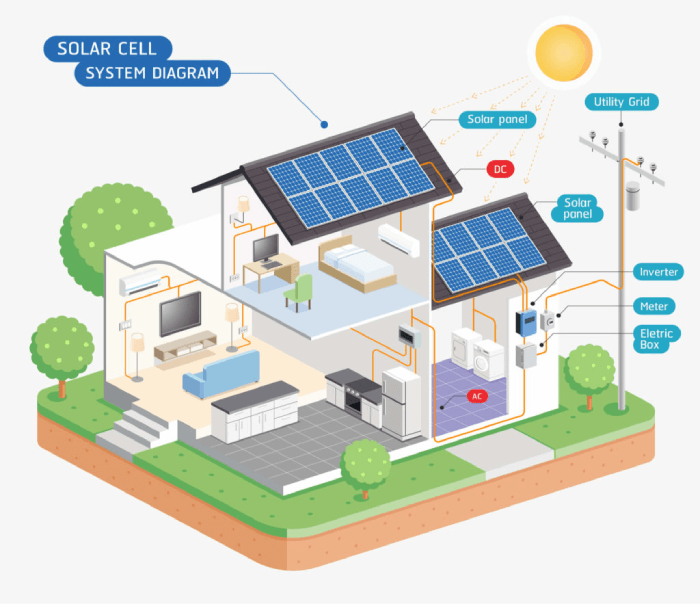
Will Going Solar Help Save More Than You Will Spend on Installation?
Naturally, the location of your home affects electricity rates. It is a good practice to calculate the average cost of solar panels for your home and compare it to average electricity rates.
According to recent data collected by the US Energy Information Administration, the national average is 13 cents per kWh, however, you should first see the impact of the location of your home on your budget, i.e., whether you’ll actually save more money than you spend on solar systems installation.
The first step to understanding if going solar is going to help you save money, in the long run, is to review and evaluate your monthly electric bill.
If your monthly electricity bill is high, you will surely benefit from making the switch to solar power as it will offset the monthly cost, if not eliminate it. But you should consider that the electricity rates and usage are volatile and that the prices fluctuate which is directly affecting the amount of savings.
Solar Net Metering
Another thing to take into account when it comes to the ROI of going solar is that net metering is also something that can help you save money. Net metering (NEM) is a utility rate method that ensures your electric company buys the excess solar energy your system produces at a full-retail electricity rate.
If your solar power system produces more electricity than your household actually needs, under net metering, the excess power is sent back to the power grid. This means that your utility pays for it. Some experts even state that with good net metering policies, your investment in a solar power system may even turn out better than in locations that are more exposed to the sun.
Solar Battery
Solar system’s panels absorb energy that is stored in a solar battery. A solar battery is an additional component that is very useful as it allows to store the energy for later use, when panels are no longer producing energy.
Including a solar battery as an additional component will add approximately $10,000 to the system installation cost, but, this may be the perfect option for your home in the long run.
These batteries are usually covered by the solar tax credit and are in fact a great way to save more on your monthly electricity bills. For most homeowners, this additional component might be a bit too much to spend money on at the very start, but you should keep in mind that this is ultimately a good investment.
Solar Panels Cost FAQ
We collected the most commonly asked questions about solar panels prices and installation costs to help you weigh out the pros and cons of solar.
How much does the solar energy system maintenance cost?
Solar systems are made to last and run smoothly for decades, meaning that it is not necessary to factor in maintenance at least for the first 20 years or so after the installation. Another plus is that most solar companies will offer guarantees as well as warranties so no need to worry about maintenance or upkeep for a while.
Will the solar system installation impact my property value?
Switching to solar will definitely impact the value of your home. What’s more, according to the US Department of Energy, buyers are more likely and are more willing to pay an average premium of about $15,000 for a home with a solar system installed.
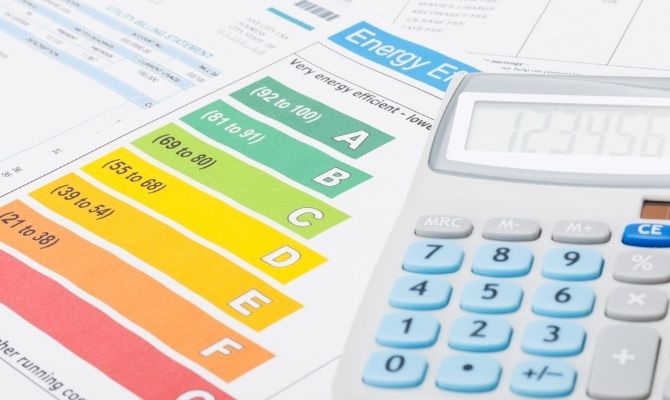
How can I finance the cost of solar panels?
Solar companies offer various financing plans, which will give you some flexibility when it comes to the total cost of installation. The three basic options for financing solar panel systems are:
- Pay for a solar panels system in cash outright;
- Take out a solar loan, and pay it back with interest;
- Lease a solar panel system—meaning you will pay less monthly but not actually own it yourself.
Is it better to buy or lease a solar system for my home?
This depends on your budget as well as your reasons for going solar. If you purchase a solar system, this means greater long-term savings as well as an increase in your property value.
If you’re simply looking for a way to reduce your monthly energy costs while reducing the carbon footprint of your household, leasing could be a better option. Moreover, if you’re planning to move at some point, leasing might also be a better option.
How can I know if my roof is good for a solar system?
The key things to consider here are the position of your roof (should face south), space, and sun exposure. But don’t worry too much about it because even roofs that are not optimal can accommodate a solar system with a few minor adjustments. Talk to a solar energy consultant to see if solar panels can be installed on your roof and if adjustments can be made if not.
How long does a solar energy system last?
Solar power systems are made to be durable with a lifespan from 25 to 35 years, and just basic upkeep.
How many solar panels do I need?
The energy needs of your household determine how many solar panels you will actually need. The number of solar panels is what affects the overall price of the installation of a solar system. On average, most homeowners need between 25 and 35 solar panels to meet the energy consumption of an average household, which is 867 kWh monthly.
How to estimate the amount of energy I need monthly?
To do this, first, you need to know your household’s cost of utilities, i.e., the average kWh – kilowatt-hours. You can find this information on your utility bill under the kWh used section. To calculate your monthly average, add up the kWh used from bills for the past year, and divide the number by 12.
Is Going Solar a Good Decision?
To sum up, going solar may not be the right move for each and every homeowner or property. However, many homeowners who decided on installing solar systems and invested in adapting their homes for solar panels found that the initial cost is more than offset by the long-term savings.
Conclusively, the best course of action is to first evaluate if your property and your household will benefit from making the switch and if it will actually affect your savings. To make a fully informed decision about solar panels installation, be sure to factor in all the aforementioned.
Visit our page link to compare the prices and get an even better understanding of the solar panel costs as an initial step of your solar panels installation research.
POPULAR POSTS
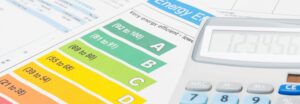
Solar Panel Cost in 2021: Can You Afford it?
Solar Panel Cost in 2021: Can You Afford it? Facebook Linkedin Link According to the Solar Energy Industry Association (SEIA), over the last decade, the
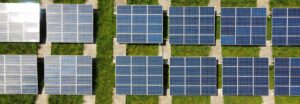
Solar Power 101: How Does Solar Energy Work?
Solar Power 101: How Does Solar Energy Work? Facebook Linkedin Link About Solar Energy Solar energy is abundant and is the cleanest renewable energy resource
